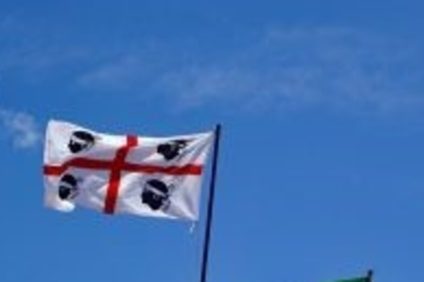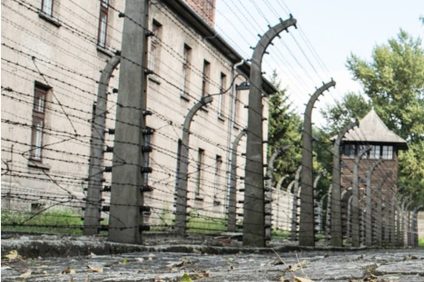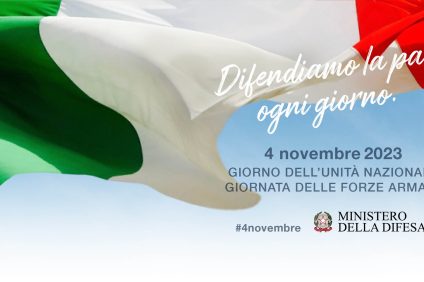As the war rages on, in Italy the crowds of fans meet in the stadiums where the Italian national team plays, led by a technical commission. After the interlude of the Stockholm Olympic Games, which saw Vittorio Pozzo as sole commissioner unpaid for the first time by his explicit request, the matches of the Italian national football team reflect the trend of European and governmental politics.
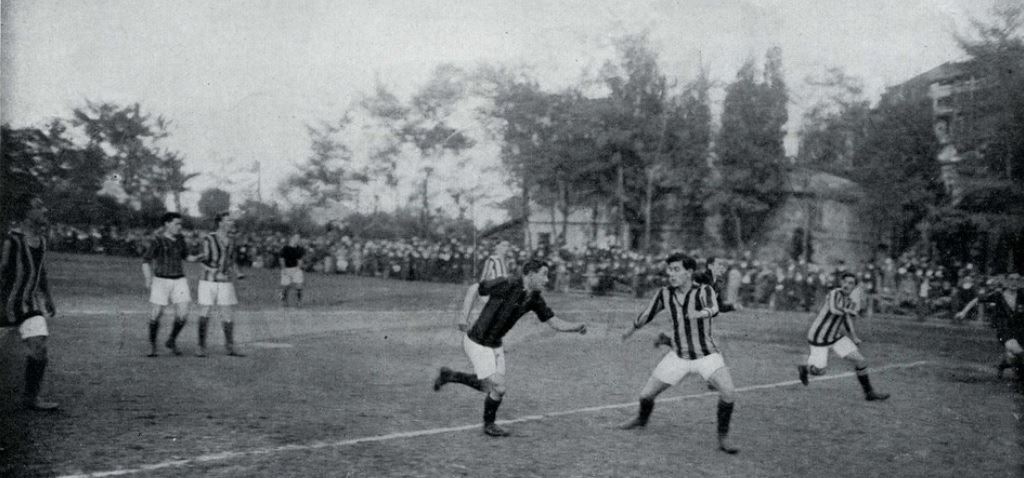
A draw and a defeat with Austria, the best of world football, yet another victory against France by 2 to 0, and, to follow, three games with neutral Switzerland, a draw and two wins for Italy. The first-class football championship, divided into the two northern and central-southern groupings, is not just a sporting phenomenon, it is an integral part of the social fabric of the country, feeds passions, ignites controversy and great discussions.
The league excites the fans but war is just around the corner
On 10 January 1915, Inter wrote a memorable page in football history, beating Vicenza with a resounding score of 16-0. The neroazzurri thus equal the primacy of Genoa which two months earlier had trimmed the same number of goals to the Alexandrians of Acqui. These are the biggest victories ever achieved in the top Italian football championship, which, in the current season, has reached its 18tha edition. The great political events of the now imminent conflict between Italy and Austria mark the days preceding the last day of the final round.
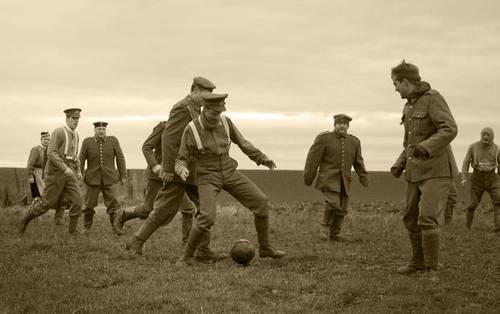
The most important and decisive races are scheduled for Sunday 23 May 1915. Parliament gives full powers to the government for the war onAustria. However, the enthusiasm of the fans and enthusiasts is still directed towards the national finals of the football championship. Genoa is one step away from winning the title of national champion. He is preparing to host Torino, just one draw is enough for him to access the final against Lazio and return to being the strongest club in Italy. But Torino could also win.
Suddenly, all soccer tournaments stop
Following the mobilization of the army for criteria of expediency, all tenders are suspended. With this short telegram, on Sunday 23 May, the Italian Football Federation communicates to the referees the decision to stop the first category championship. This, because of the now imminent war. Something happens that no one had ever seen happen: the referees, transfigured into serious auctioneers of the past, speak in unison on the different fields. They announce to the public, more eager than ever for distractions, and to the astonished players, that the party is over. The black jackets give public reading of the press release with which the Italian Football Federation establishes the immediate suspension of tournaments of all levels.
The referees, from North to South, return to the locker room taking the balls with them
At first, people do not understand that the afternoon matches are also included in the measure. You begin to realize what is happening only when the referees, from North to South, return to the locker room taking the balls with them. In the major national newspapers protests Genoa and also Lazio and the Football Club International. Vittorio Pozzo, technical director of Torino Football Club, a team in which he had played for five seasons before retiring from competitive activity, is not at all happy.
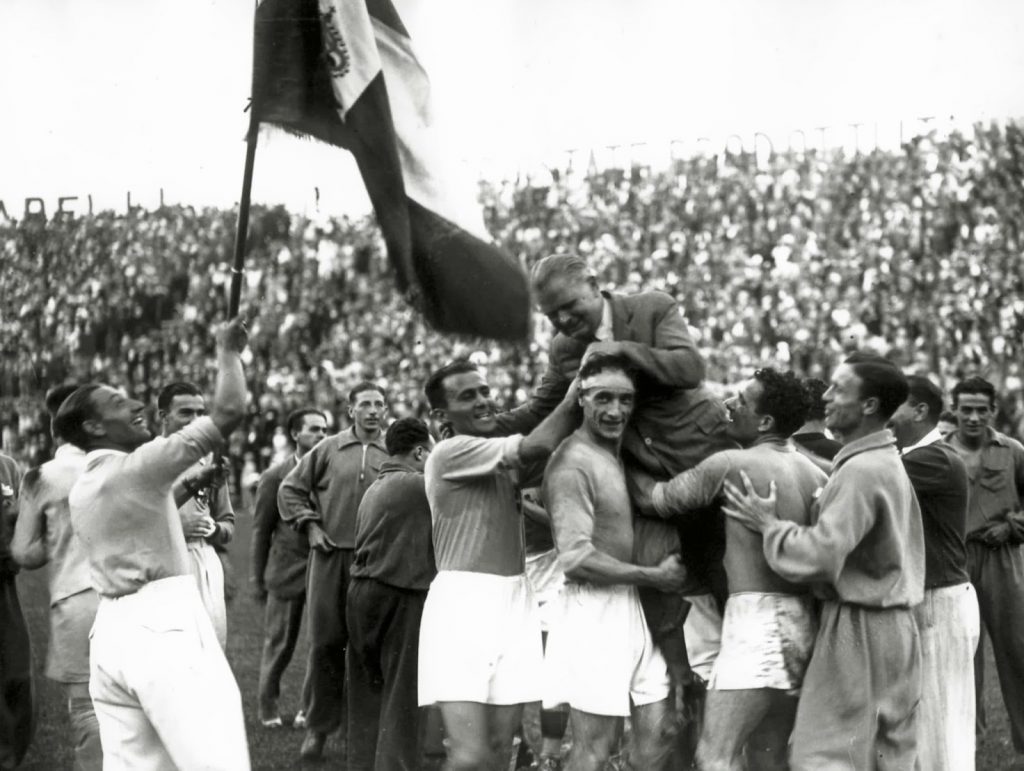
Only 15 days before the suspension, with an all-attack game, the grenade eleven had beaten Genoa 6-1 at home. The correspondence of Corriere della Sera, della Stampa, del Messaggero, del Mattino, dell'Avanti, show between the lines that Inter, beating Milan on the last day, would have reached Turin and Genoa at the top. In this way it would have been necessary to have a triangular play-off before playing the final with Lazio, champion of the central-southern grouping.
The illusion that the war would be over soon
Following the protests, the leaders of the Italian Football Federation discuss the suspended tournament, convinced that the war will end quickly and victoriously, within a few weeks. And so they decided that the tournament would end when hostilities ceased. The declaration of war has not yet been delivered to the Austrian chancelleries and for the Italians it is already a trauma.
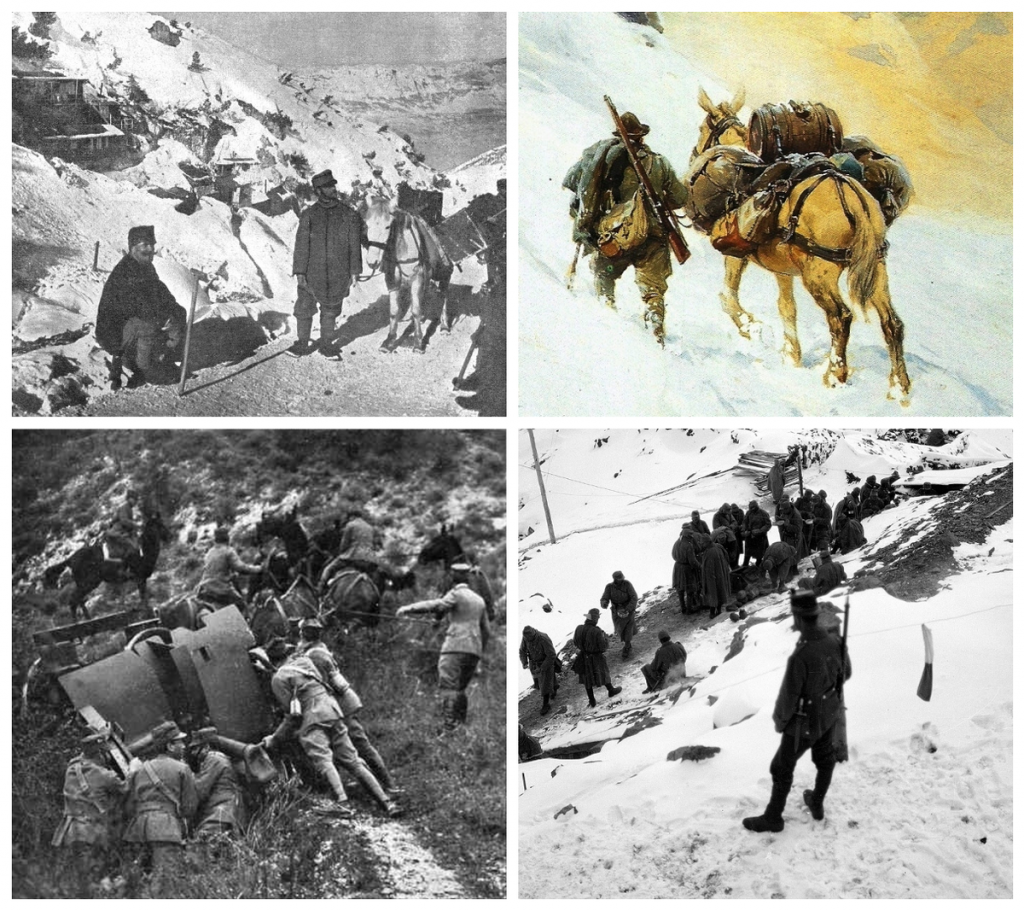
When sports activity is interrupted it means that the events are exceptionally serious. This is the belief of all athletes. On the command of fate, the footballers, like all the other Italian athletes, prepare to leave as soldiers, dyeing the stadium seats gray-green. An entire generation of very young people is heading for the front.
The Modenese driver Enzo Ferrari is a muleteer and a farrier; Tazio Nuvolari from Mantua just can't do it with engines
Among the hundreds of thousands of soldiers there are also sports champions, unexpected protagonists of the war. Among these Fernando Altimani, the first blue Olympic medalist in the march with his bronze in Stockholm 1912, the Livorno fencer Nedo Nadi, Virgilio Fossati, driver of Inter and captain of the Italian national football team. And, again, the rower Giuseppe Sinigaglia, winner of the very important "Diamond's Sculls Cup" on the Thames.
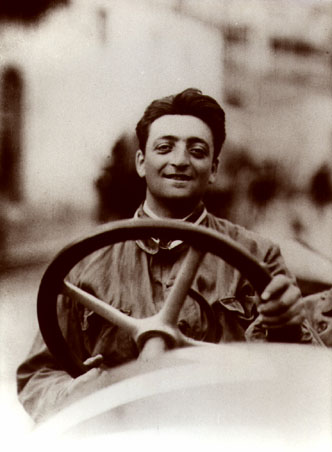
There is also the giant Erminio Spalla, the first Italian heavyweight to have international importance who is divided between a passion for boxing and that for sculpture. Vittorio Pozzo is a lieutenant of the Alpine troops. His is an experience of moral rigor and education in the essentiality of life in the trenches that deeply marks him. Enzo Ferrari he is a muleteer and a farrier. Instead, Tazio Nuvolari, an ambulance driver from Mantua, is picked up by a senior officer because he just can't do it with engines.
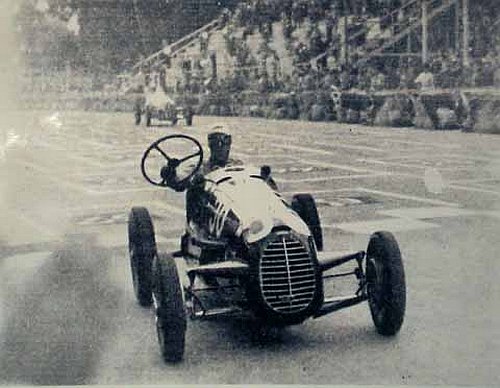
Even in the other armies engaged in the immense conflict, sportsmen share the fate of their peers. The captains of the two Austrian and Italian national teams, Robert Mertz and Virgilio Fossati, who had exchanged pennants, will never return to tread the pitch. Both fall victim to the conflict that has involved the two great nations. For the record, the match between Italy and Austria ended in a draw, 0 to 0, with no winners, like the war.


